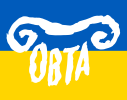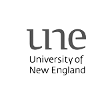ACCLAIM Members
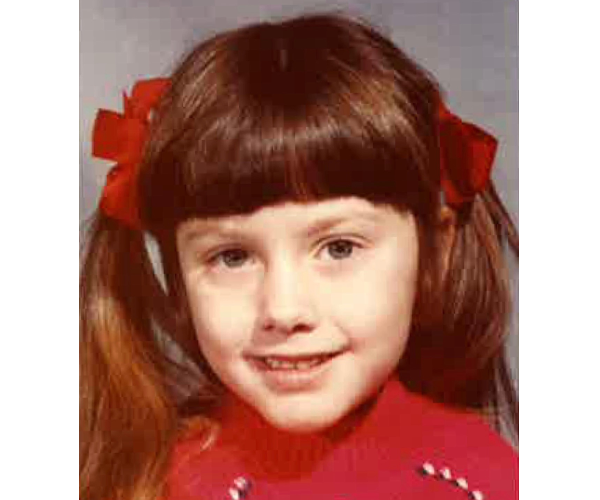
Susan Deacy
The co-creator (with Lisa Maurice) of ACCLAIM. For the full bio see here.
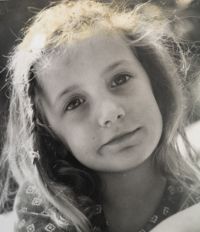
Alexia Dedieu
Alexia is a teacher and researcher at the Université Grenoble Alpes (France). Her main research deals with Greek tragedy and its reception in the Early-Modern period, mainly in scholarly works and translations into Neo-Latin. Her PhD dealt with the scholarly recepion of Euripides in the 16th century and explored how the printed editions and Latin translations of the poet shaped the fortune of his texts and also echoed the main cultural, social, religious, and political debates of the time. She has written on the theory of translation, on gender in Neo-Latin translations of Greek texts, and on the reception of Greek tragedy in popular culture. One of her interest is also inclusive pedagogy and she tries to use creative writing and critical studies to develop ways to teach ancient languages and ancient cultures.
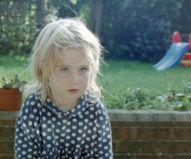
Robin Diver
Robin is a researcher in Victorian and modern-day children’s books of classical myth. She focuses on depictions of mythical sexual violence and whether these help promote rape supportive attitudes. Her research interests include gender in classical reception, disability studies, animal studies, how feminist reception shapes commercial markets, ideas of the ideal/non-ideal family, and how romantic love is constructed as important or unimportant.
By day, she works in research communications – introducing academic research to a wider variety of audiences. She has also published, as Robyn Thorn, two dark fairy-tale YA dystopia novels: Dark Thoughts and Dark Whispers.
You can find her research in her numerous Our Mythical Childhood Survey entries, and in her article “Tomboyish Wisdom Gods and Sexy Gorgons: The Evolution of Ovid’s Medusa Rape Narrative in Contemporary Children’s Literature” in the journal New Voices in Classical Reception Studies. Check out this video in which she discusses how positive environmentalist attitudes to the god Pan can lead to his sexual violence being depicted as acceptable: https://www.youtube.com/watch?v=gWhtc2Igzxo.
For research chat and suggestions, please do feel free to reach out on Twitter (@robindiver22) or LinkedIn (Robin Diver).
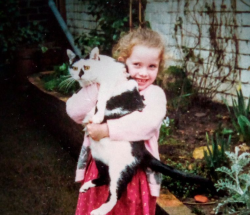
Cora Beth Fraser
Cora Beth Fraser was born in North-East England, and grew up with her nose in a book, fascinated by fantasy, myths and legends of all kinds – particularly the illustrated kinds. That fascination never really went away. Now she teaches Greek and Roman Myth (among other things) with The Open University, and illustrates ancient literature in her free time. Cora Beth has always been interested in the intersection of Classics and Education. She graduated from Newcastle University in 2005 with a PhD in Classics (focusing on the narrative strategies of Tacitus) and at the same time graduated from The Open University with an MEd specializing in Primary Education. She has since gone on to gain a third Masters degree, this time in Online and Distance Education, with a particular interest in accessibility online. She has taught in primary schools, secondary schools, traditional universities and community settings, and has spent the past three years building an online community around her student-facing website, Classical Studies Support.
In 2020 she was made a Senior Fellow of the Higher Education Academy, and was awarded the Open University Recognition of Excellence in Teaching Award for her development of online resources to engage marginalised students. She was also honoured to be invited to join the Lego Classicists Family. It wasn’t until her son was diagnosed with autism in 2016 that Cora Beth began to recognise the same traits in herself. She was diagnosed as autistic in 2020. These days she takes an active interest in autism and learning, both in school settings and as a member of the CUCD EDI Committee – but can still usually be found with her nose in a book.
Cora’s website is here https://classicalstudies.support
And here is a post Cora wrote for the CUCD Education blog: “Diverging Online: a guide to online teaching of neurodiverse student groups”
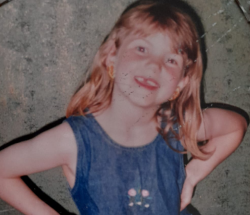
Sarah Hardstaff
Sarah Hardstaff recently completed a PhD at the University of Cambridge, specialising in children's literature and the works of Mildred Taylor and Cynthia Voigt. Sarah is a contributor to the Our Mythic Childhood survey and is interested in the use of myth in inclusive children's literature. Her background includes work in autism support and advocacy.
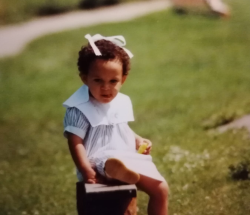
Aimee Hinds
Aimee Hinds is a PhD student at the University of Roehampton, researching intersectional possibilities in receptions of Greek mythology in popular culture. Her approach to intersectionality encompasses queer theory, Marxist theory, post-coloniality and disability studies to explicitly open the boundaries of feminist theory. She has written about bad feminism in classical reception, issues with fashion’s engagement with the ancient Mediterranean, and polychromy in Neoclassical and modern art.
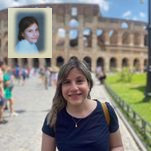
Effrosyni Kostara
Effrosyni Kostara studied classics and applied pedagogy, while her thesis was on the training of teachers for the development of critical thinking. During the last five years, her teaching and research has focused on inclusivity, diversity, as well as emancipatory learning. She is an Honorary Research Fellow at Roehampton University. Effrosyni participated in the project Our Mythical Childhood as a Research Assistant in July 2018 and in 2022, after having visited Roehampton for the first time in 2017, for a workshop on diversity and inclusivity through the classics.
Publications
Books
- Diversity and Inclusivity through Classics: A Teaching Methodology, London–New York: Routledge (to be submitted in 2023),
- Edited with Adreas Gavrielatos and Daphne Loads, Transformative Learning Theory and Praxis; New Perspectives and Possibilities, London–New York: Routledge, 2022,
- Translation in Greek: Knud, Illeris, How we learn: Learning and Non-Learning in School and Beyond, London–New York: Routledge, 2007 (Metaichmio Publications).
Chapters in Edited Volumes
- “Embedding Diversity in Classics’ Teacher Training: A Case Study from a Greek University”, in Fiona McHardy and Daniel Libatique, eds., Diversity and the Study of Antiquity in Higher Education, “Classical Pedagogy in the Twenty-first Century” series, London–New York: Routledge (contracted, forthcoming 2023),
- “The Transformation of the Reader”, in Aliki Nicolaides, Saskia Eschenbacher, Petra Buergelt, Yabome Gilpin-Jackson, Marguerite Welch, and Mitsunori Misawa, eds., The Palgrave Handbook of Learning for Transformation, London: Palgrave Macmillan, 2022, 75–89,
- “Preface”, with Daphne Loads, in Effrosyni Kostara, Adreas Gavrielatos, Daphne Loads, Transformative Learning Theory and Praxis: New Perspectives and Possibilities, London–New York: Routledge, 2022, xvii-xxiii,
- “Traces of Transformation Theory in Ancient Greek Drama”, in Effrosyni Kostara, Adreas Gavrielatos, Daphne Loads, Transformative Learning Theory and Praxis: New Perspectives and Possibilities, London–New York: Routledge, 2022, 56–75,
- “Tracing the Transformational Dimension within the Teaching of Socrates”, in Alexios Kokkos, ed., Expanding Transformation Theory: Affinities between Jack Mezirow and Other Emancipatory Educationalists, London–New York: Routledge, 2020, 87–105.
Journal Articles
- “Διδακτική Αρχαίας Ελληνικής Τραγωδίας: Ερμηνεύοντας Κριτικά το Κείμενο” [Teaching Ancient Greek Tragedy: A Critical Interpretation], ΕΚΠΑΙΔΕΥΣΗ ΕΝΗΛΙΚΩΝ [Adult Education] 48.1, 2020, 26–40 (in Greek).
Reports and Talks – Presented Papers (selected)
- “Diversity and the Study of the Ancient World, Event Report”, CUCD Bulletin 47, 2018, https://cucd.blogs.sas.ac.uk/files/2018/07/KOSTARA-Diversity-and-the-Study-of-the-Ancient-World-Event-Report.pdf,
- “Transforming Students’ Thinking Skills through the New Classics Curriculum in Greece”, Classical Association Annual Conference, University of Cambridge, 21–23 April 2023, Cambridge, UK,
- “The Transformative Power of Classics: Teaching for Inclusion”, Diversity and the Study of the Ancient World, School of Humanities, Roehampton University, 11 October 2017, Roehampton, UK,
- “Interpretation of Greek Drama for the Development of Critical Thinking”, 1st International Conference “What’s the Point of Transformative Learning”, European Society for Research on the Education of Adults (ESREA), 27–29 June 2014, Athens, Greece.
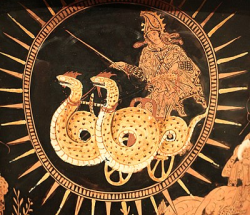
Alex MacFarlane
Alex MacFarlane is a PhD student in Classics at the University of Birmingham. He completed his BA and MA at the University of Reading, where he helped run a departmental library assisting with research and outreach. His research centres around the intersections between gender, mythology, and literature in Archaic and Classical Greece. He also has considerable interest in reception studies. He has undertaken a variety of junior teaching roles with the aim to continue in Classics education. In his personal life, Alex is passionate about disability advocacy. He wishes to further understanding in the ways in which history, culture, and neurodivergency intersect. To this end, he is writing a series of papers to examine the interactions between Ancient Greek literature and modern media.
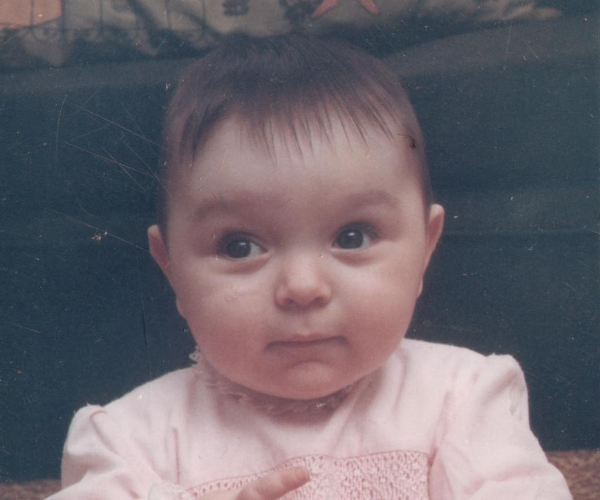
Lisa Maurice
The co-creator (with Susan Deacy) of ACCLAIM. For the full bio see here.
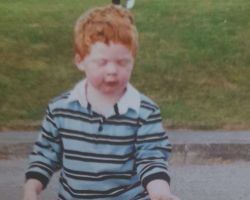
Oisín Parsons
My name is Oisín Parsons and I am an MA (soon to be PhD) candidate at University College Dublin, Ireland. I am writing my MA on the relationship between political dissidence and poetry in Lucan’s Civil War, and I hope to carry that research on to a PhD examining the influence of Lucan on the medieval Irish work An Táin Bó Cuailgne.
Autism and classics have always been closely linked for me. I was not professionally diagnosed until I was 23, but it was (of course) always there. I was drawn to the ancient myths of Greece and Rome, as well as my native Ireland, and am generally fascinated by the connections and similarities shared by the mythologies of civilisations around the world. I jumped at the chance to be able to study classics in secondary school, and it has taken me all the way to writing PhD proposals!
I want to see more autistic people, and people of many different backgrounds and experiences, getting into classics at all levels. Our discipline can only benefit from having more and more points of view contributing to it. Being autistic, I know that I see the world differently, and have different experiences to my non-autistic peers. But I’ve also learned that that is a great strength, and something to take pride in, being able to see connections that would have been missed by someone without autism.
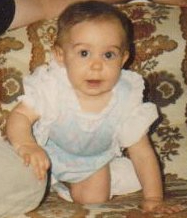
Aneirin Pendragon
Aneirin Pendragon is a PhD student at the University of St Andrews. They hold a BA in History/Classics and English/Creative Writing from the University of Delaware, an MA in Museum Studies from the University of Oklahoma, and an MA in Classical Studies from Villanova University, where they were a Tuition Scholar and assisted the Head of the Classical Studies Department with courses she taught. Ancient Greek culture, but especially religion, has been of intense interest to Aneirin since they were a child and discovered a world mythology book in their school library. They are currently researching the authority in reconstructing ancient Greek religion for contemporary practice - in other words, how do those who worship the Greek gods now use ancient sources and current scholarship to resurrect this religion for the modern world? As a contemporary Hellenic Polytheist themself, Aneirin is incorporating an autoethnography chapter of their thesis to give a first-person account along with the interviews and observations of groups. Outside of PhD research, Aneirin advocates for autistic individuals and those with Dissociative Identity Disorder, as they find dispelling the stigma around both incredibly important and necessary. As they were diagnosed with both as an adult, they feel a responsibility to educate those who may hold biases or misinformation that runs rampant in the general public. The intersection of neurodivergence, gender identity and sexuality, and the ancient world is of particular interest to them.
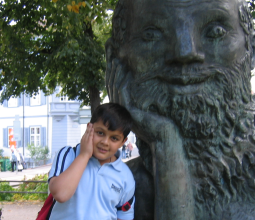
Harry Rao
Harry Rao was born in London in the United Kingdom and is now a student at the University of Roehampton going into the second year studying Classical Civilization.
While I never formally studied classics in school or A Level, I have been partial and predisposed to the ancient world. This comes from a element of nostalgia being exposed to the ancient world through popular media and children's culture from audio tapes and stories such as Tales from Greek Legends by Benjamin Soames to other popular media such as Disney’s Hercules and Clash of the Titans all which instigated a love of the mythical world and which led to pursement of later consumption of Classics as young teen/adult reading prose and poetry such as Homer’s Iliad or Hesiod’s Theogony.
I happen to also be diagnosed with autism at age 7, and as a child growing up with autism having to live still today with the condition of high functioning autism this research interest of Susan Deacy finding a strong level of interconnection finding a correlation between the conception and idea of myths being palpable and appealing to autistic people is a concept that I found to be very accurate when describing me and my temperament. The idea of myth being a “portal to another world” as described by Susan Deacy is something I found to be very true at least in my life, when life has not been kindest due to my condition myth has always been a progressive backbone as something surveying a dichotomized function.
While myth is innately fantastical serving as a form of escapism from the hardships of the real world for autistic people it has done, for me, it also tells us much about the hard reality of human conflict, human relationships and the fragility of the human state that can be particulary applicable to the lives of autistic people more so then average person I find. Stories that found a footing and level of palpability and identifiability to me and many potentially many other autistic people who feel potentially estranged from society or feel they cannot express themselves could be seen in mythical adaptations such as Euripides’ Medea which deals with themes of being a outcast and being rejected because of an “otherness” qualilty, something people with autism myself include have often felt and thus sympathize with. Or myths that tackle the heightened nature and intensive and impulsive emotions and consequences such behaviours can have like Hercules, one of Susan Deacy’s key research interests, and his Twelve Labours he needs to accomplish both to return to normality and retain acceptance by his wider clan but also obtain personal atonement himself for his misgivings by facing the psychological and physical obstacles often manifested in the lives of those with autism.
Supporting and posting about our mythical childhood and pursing this line of research connecting myths and autism is something I would want to commence with once I have finished my 3rd year of university and masters, as I feel this is a unique and refreshingly left field line of research exploring two things that are seemingly disconnected but surprisingly interconnected. The Myth and Autism study establishes the relevance of myth as vehicle in current contemporary society, how myth can unconsciously influence seemingly disconnected alternative spheres of research such as those on the autism spectrum.This is something I would love to look into.
This video pays a tribute and echoes the sentiment of my personal journey seeing what relationship i have with myth being a autistic person myself and this song exemplfies the hurdles presented in myth that autistic people can identify with.
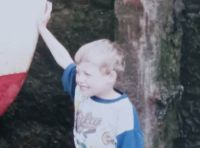
Jerome Ruddick
Jerome is a PhD researcher at Newcastle University, currently examining myth and identity and how the two concepts relate to the concept of material culture. Beyond studying Classics in an academic environment, Jerome is incredibly interested in how the subject can be used in our lives today, whether that be to help us better understand politics, for example, or in relation to autism. He believes Classics has a lot to give to the modern world, beyond its perception as a subject full of dusty books, and is committed towards trying to prove so.
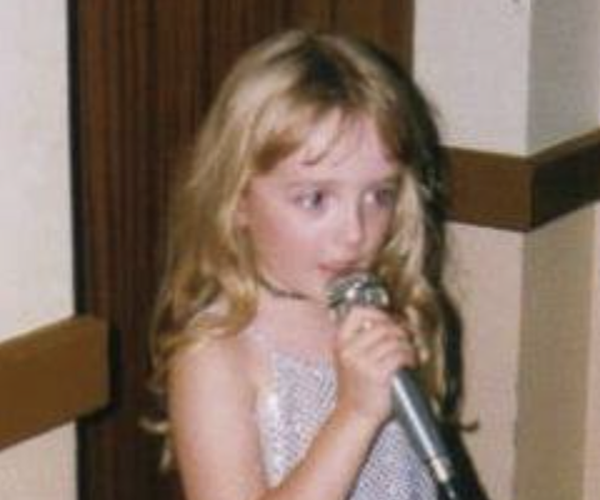
Emily Rushton
Emily Rushton is a SENDCo (Special Educational Needs Coordinator) and Classics teacher by day, and a PhD candidate at the University of Cambridge by (generally very late at) night. After completing her PGCE in Latin at Classics at Cambridge, she went on to complete an MEd (Master of Education) at the Faculty of Education looking at how creative teaching approaches improved comprehension for students with socio-communicative challenges.
Through her PhD research, she is developing a free, open-resource intervention for schools to use to support wellbeing for SEND students using the creative exploration of mythology. She uses performance research and alternative processes of information recording to aid accessibility. Emily’s research interests include classical reception, disability in Antiquity, critical disability studies, performance research, and creativity. She is obsessed with musicals and a proud, born and bred south-Londoner.
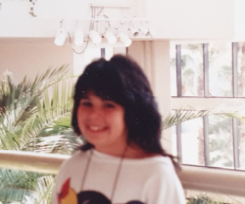
Dani Shalet
An Associate Lecturer, as well as a Research Fellow in Education at Christ Church University, Dr Dani Shalet's educational background, is diverse. Wanting to do a degree in Planetology, she changed to history when discouraged by a High School teacher to not pursue this career path, because 'it wasn't a girl's subject'. Dr Shalet went on to do a degree in History with a focus on Ancient History, and a PhD in Science and Religion (where she combined all her interests). After receiving her PhD in 2015, Dr. Shalet went on to do a PGCE in Physics with Maths and now holds a QTS. She has taught Science, Physics, History, Maths, Philosophy, and RE in secondary schools. Moreover, she was an Assistant Lecturer in Religious Studies at the University of Kent.
Her research interests lie in Science/Religion and Education where she explores as well as develops, multidisciplinary pedagogies, with her PI and team. Her interests lie in the History of Science; Myth and Religion; Philosophy of Mathematics; Religion and Popular Culture; Game Studies; Fandom and Gender; Platonic and Neo-Pythagorean philosophy. She also worked as a field Archaeologist for the Canterbury Archaeological Trust in 2015 and was a gaming podcaster from 2011-2016.
She is currently working as a Research Fellow on a TWCF funded initiative that investigates ways to improve primary and secondary education in the UK. The LASAR (Learning about Science and Religion) team is based in the Faculty of Education--at Canterbury Christ Church University.
https://www.canterbury.ac.uk/education/our-work/epistemic-insight/epistemic-insight.aspx
Furthermore, she also contributes to the Our Mythical Survey project where she can pursue her other love, writing about mythology and videogames.
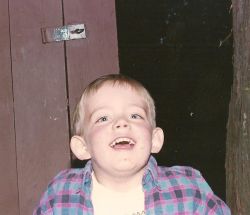
David Welch
David Welch is an Instructor in the Department of Modern Languages and Classics at the University of Alabama. He received his PhD from the University of Texas at Austin in 2023 with a dissertation on the intermedial relationship between the Roman triumph and Julius Caesar’s Commentarieson the Gallic War. More recently he has become fascinated by the topic of classical receptions in modern science fiction literature and television. Many of his other projects, however, are directed toward improving the learning experience of students of Latin and Greek inside and outside of the classroom, such as the website Classics Every Day (www.classicseveryday.com) or the forthcoming pedagogical publication Reading Morphologically (www.readingmorphologically.com); his ultimate career goal is to leave the world of Classics pedagogy a more considerate and inclusive place than he found it.




